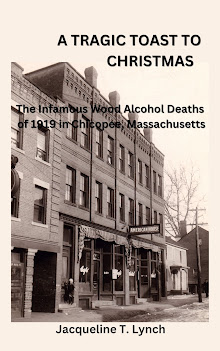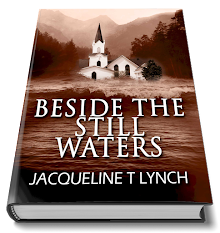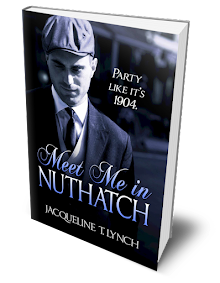You’ve heard the saying about someone being as slow as molasses in January. On January 15, 1919, The Boston Molasses Disaster, sometimes called the Great Molasses Flood was not slow at all, but immediate, intense, and deadly.
A large tank of molasses burst in the North End neighborhood of Boston, poured through the streets at an estimated 35mph. One hundred and fifty people were injured; 21 were killed by it.
New England has a long, at times, checkered history with the sticky flavoring. British taxing of the American colonists on the product led to some of the earliest protests against the King and Empire by the New World. Later, during the 19th century, the Triangle Trade of molasses, rum, and slaves brought a healthy economy and everlasting shame to those who took part.
But, molasses wasn’t done with us yet. In 1919, the Purity Distilling Company stored molasses, which was to be fermented. Molasses not only produced rum, but also ethyl alcohol and a component in the manufacture of munitions.
Most of us look forward to that first break in winter weather called the January Thaw, but its effect on this particular molasses tank was to make it explode under pressure in the suddenly warming weather. The tank was constructed poorly to begin with, burst, and a 40-foot high wave of molasses hit the neighborhood like a locomotive. A nearby train was actually derailed, and buildings moved off their foundations. Waist-deep molasses engulfed the neighborhood in a terrifying and grotesque morass.
For more on this unusual tragedy, have a look at the book by author Stephen Puelo, The Dark Tide - The Great Molasses Flood of 1919 (Beacon Press, 2003).
Also, have a look at the Edwards Park article originally printed in The Smithsonian (November 1983), and reprinted on Eric Postpischil’s Molasses Disaster Pages.
Finally, have a listen to this brief segment on The American Storyteller that describes the event.
Friday, January 15, 2010
Molasses in January - The Great Molasses Flood
Posted by
Jacqueline T. Lynch
at
7:41 AM
![]()
Labels: 20th Century, disasters, Massachusetts
Subscribe to:
Post Comments (Atom)









2 comments:
I've heard about this event, but never realized it was so dramatic. Thanks for this--a fascinating story. & thanks for following on RFBanjo--not that you haven't been one of the blog's staunchest followers for quite some time!
Hi, John. It was certainly an unusual disaster. Very happy to follow you on Robert Frost's Banjo, it took me rather longer than it should have to get around to that.
Post a Comment